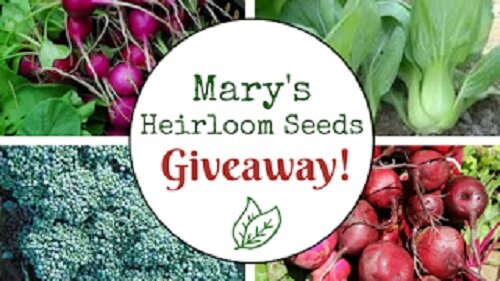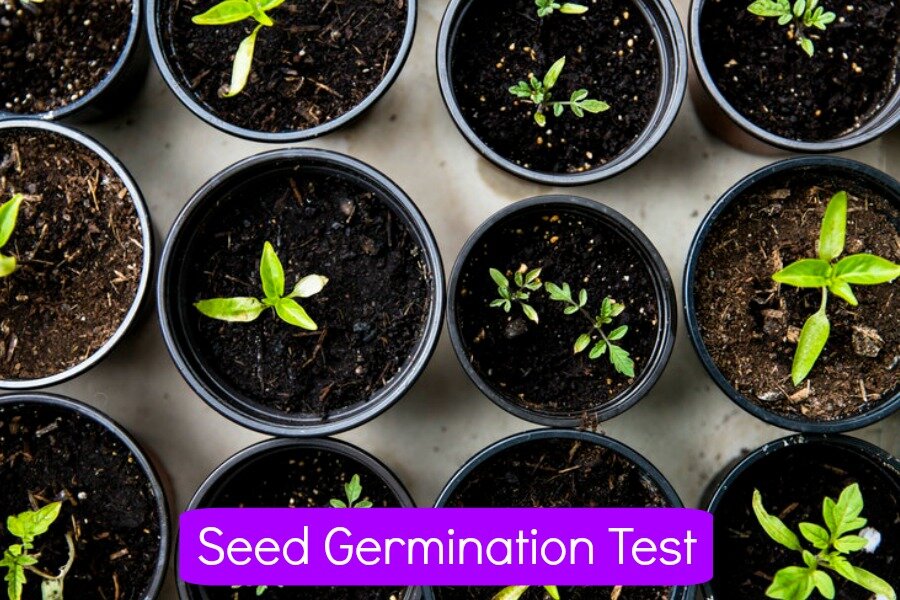
If you garden, you know how important it is to have the right stuff in your “dirt.” Plants take nutrients from the soil in order to grow. So how do you replace those lost nutrients? Compost!! Compost is recycled and decomposed organic material that can be used as fertilizer. And the best part of compost is you can make your own from things around your house!
Your first step in composting is to decide where your going to do it. There are many fancy bins on the market that you could buy, but we just make a pile in the back corner of our yard behind our garden. We did put a fence around our pile to keep the chickens from scratching it and spreading it everywhere. But, you can see from the photo how well that worked! They just hopped right in, which is fine with us, because their scratching actually aids in the composting, but I’ll explain that in a minute.
Once you have decided where your going to compost, you need to know what to put in your pile. There are two types of material you put in your compost pile, Brown (which are rich in carbon) and Green (which are nitrogen rich). Why do you need both types? Well you see, there are these tiny things in your compost pile called aerobic bacteria and they need the carbon for energy and the nitrogen to reproduce. Why do you want your aerobic bacteria to be happy? Because they are what breaks down all the material and decomposes it to make your lovely fertilizer!
-
Examples of Brown material – dead leaves, straw, sawdust (not from treated lumber), shredded newspaper, paper towels, etc
-
Examples of Green material – kitchen scraps, coffee grounds (with filter!), fresh grass clippings, manure from cows, horses, rabbits, chickens (NOT dogs and cats), etc
Of course there are some things you should NOT put in your compost pile…
- While dairy products may decompose, they attract wild anamals.
- Meats, fats, grease, oils and bones don’t break down. They coat other items in your pile causing them to not break down. They also attract the wrong type of visitors as well.
- Never throw in diseased plant material. You don’t want to transfer bacterial and fungal issues to what ever you grow in your compost down the road.
- Avoid acidic items like citrus and pine needles.
- Dryer lint, unless your clothes are made of all natural fibers. Don’t use dryer sheet. Dryer sheets have a waxy coatings on them that transfers to the lint.
- Be cautious with the amount of grains you put in your pile. Rodents love a nice hunk of bread or pile of rice!
So now that we know what to put in and what to keep out, start building up your pile. Keep in mind, you can’t just toss your material in a pile and walk away… well you could, but you need to do a few little things to keep those aerobic bacteria happy. Trust me, you want them happy. You see, as those little aerobic bacteria work, the temp of your compost pile will heat up as things start to decompose. This is a good thing, but like real fire, if you don’t “stoke it,” it will die out. You need oxygen to keep the decomposition going, so you need to turn and aerate.
Turning creates new passages in your pile, allowing oxygen in. Turning keeps your pile from compressing and shutting out oxygen. Odor in a compost piles comes from overly moist and matted green material. By turning your pile you let oxygen in, expose more material to the air and the heat, thus keep the process going. Remember those naughty chickens who keep getting in my pile and scratching, they’re just aerating my pile for me! Turning and aerating makes aerobic bacteria happy! The happier your aerobic bacteria is, the faster your compost pile will turn into lovely fertilizer. And who doesn’t want some great fertilizer!?!?!?
 |
| Our hen Grumpy Goldie inspecting our composted we added to our garden beds this spring |



Is your homestead an "organic" one, and by that I mean, do you feed your animals organic feed, do you only eat organic, etc? What I'm getting at is, we're not yet at the place where I can answer "yes" to those questions. Getting better but it feels like baby steps. That said, if chicken manure is in there I don't feel like the compost can be used to use in my veggie garden for sure. But what about flowers? Will bees and butterflies be affected negatively if flowers are grown with it? (I have been accused a time or two in my life of making things too difficult but I have read many, many posts and articles on composting and this has never been made clear by anyone).
Thanks so much!
No we aren't "organic" by definition. We try not to use chemicals. As far as our feed, it is name brand so, no it isn't "organic" either. You can use compost with chicken poo for veggies, unless it is a personal preference. The poo decomposes and breaks down. The bees and butterflies will not have a clue if you include poo in the composting process. Think of it this way…. in nature things poo and die and decompose, it is the cycle of life. Wild flowers grow and benefit from the decomposed material that puts nutrients into the soil they grow in. The butterflies and bees thrive from getting their nourishment from the plants. In composting, you are just speeding up the decomposition process will making a focused area for doing so.
We just started composting! Don't forget to link it up to my Feature Friday Link Party 🙂
http://www.blissfulanddomestic.com/2014/06/feature-friday-linky-party.html
Danielle @ Blissful & Domestic
http://www.blissfulanddomestic.com
Thanks for the invite!
We have been composting for years and after this long its necessary to our way of life now. THis was a great how-to sort of guide…nicely done! Thanks!
Thanks Zoe, it means a lot to hear someone else who has been at it approve of this post and it's methods.
Yes – great overview! I did learn though you can compost hair too. 🙂
We give our hair to the birds in the spring for nest building LOL
We have a little compost going for my Trash to Treasure garden. I don't put a whole lot in it. Vegetable and fruit scraps, egg shells and coffee grounds. We had some top soil brought in to use the space where a small barn used to be. I believe the compost goods has helped way more than commercial fertilizer. I proved my point to my husband who isnt so on board with the whole homesteading thing, but hes learning.
You can find that garden here: http://yumeating.com/tag/garden/
PS Found you on the From the Farm hop
Chrystal, my hubby was a west coast boy, but after a decade he is so on board with the homesteading LOL
Thanks so much for sharing with the Let's Get Real party. We are beginning composters, so we need all the help we can get! Pinning.
Have fun with it Gaye… it is a real science project. I am always amazed by the heat it makes.
This is a great post on composting. Some folks make composting a science project and swear you have to have just the right mix and layering technique. Reading this post will make it easy for anyone to begin their own compost pile. Thanks for sharing at Green Thumb Thursday.
Thanks so much!
Thank you for sharing at Tuesdays with a Twist!!! YOU have been featured today @ Back to the Basics. Looking forward to seeing what you share this week!
Aww thank you Mary!
Hi I chose you as my fave in the From the Farm blog hop so yay you will be featured on Friday.
Elaine @ sunnysimplelife.com
Oh Elaine, thanks you so much! *blush*